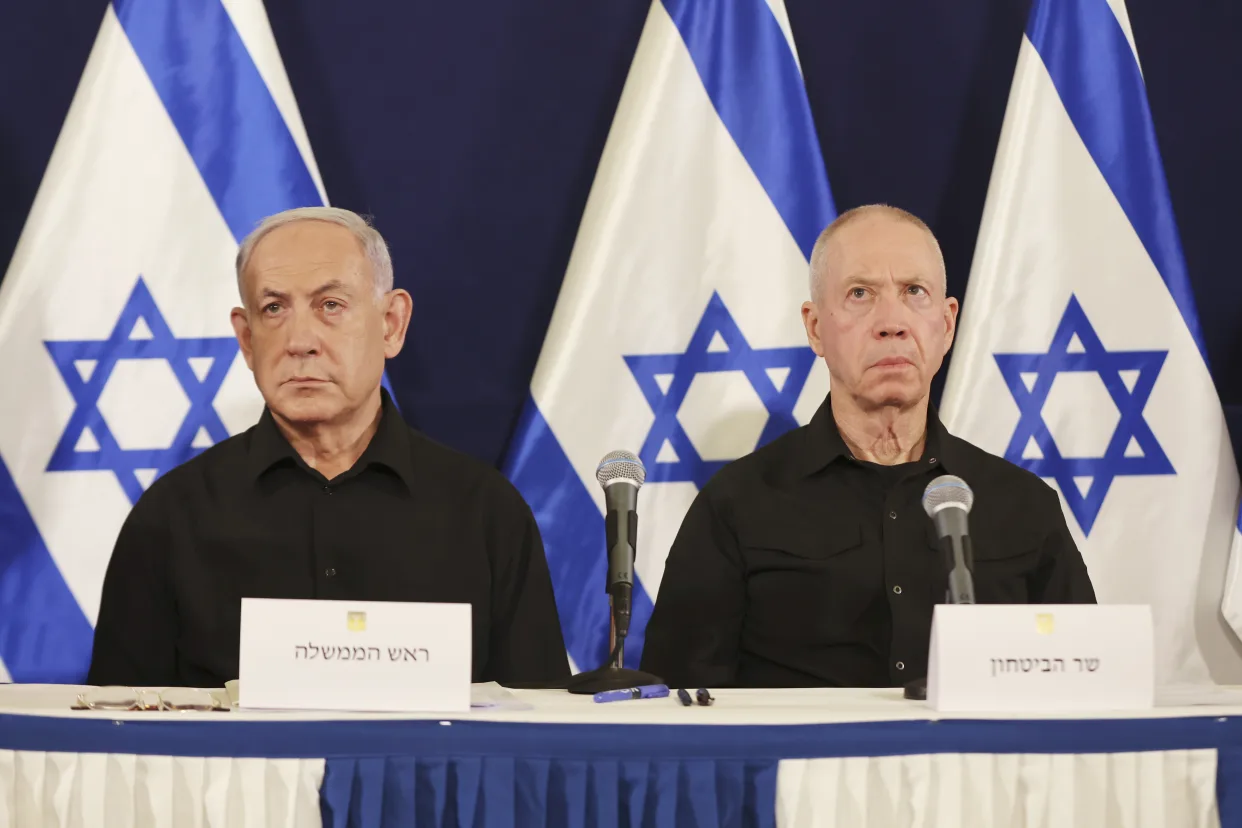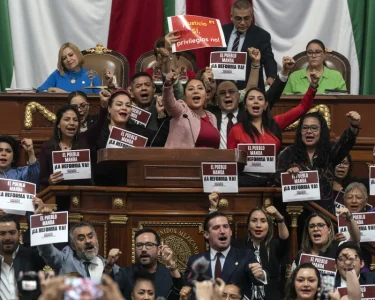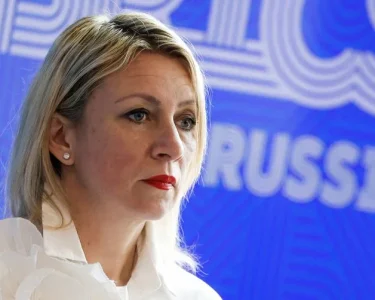In a significant statement amid ongoing tensions, Israel’s Defense Minister announced that a temporary truce with Hamas might be achievable, offering a glimmer of hope for civilians on both sides of the conflict. However, he made it clear that fully ending the war presents far greater challenges, reflecting the deep-rooted complexities that have plagued the region for decades.
The Possibility of a Temporary Truce
Israel’s Defense Minister stressed that while discussions around a temporary truce with Hamas are on the table, it would not signify a lasting peace agreement. Instead, such a pause in fighting could be a strategic move, potentially opening the door for negotiations around humanitarian efforts. This would give civilians, especially those in Gaza, much-needed relief as the conflict has had devastating impacts on their daily lives. Humanitarian aid could flow more freely, and critical infrastructure repairs could begin, especially in regions hit hardest by ongoing military actions.
But the defense chief was quick to caution against viewing this as a pathway to an enduring peace. He emphasized that the leadership in Gaza, particularly Hamas, holds ideologies that clash fundamentally with Israel’s right to exist, making long-term peace elusive. While a temporary truce might reduce violence in the short term, ending the war is another matter entirely.
Historical Context and Current Tensions
The conflict between Israel and Hamas is not new, with its roots dating back to the mid-20th century when Israel was established and Arab nations objected to its creation. Since then, the region has seen several wars, uprisings, and a continuous cycle of violence that has left lasting scars on both the Israeli and Palestinian populations.
Hamas, which has controlled the Gaza Strip since 2007, has consistently called for the destruction of Israel. This hardline stance complicates any peace negotiations. The Israeli government, on the other hand, has prioritized its security and the safety of its citizens, frequently responding to Hamas rocket fire with military strikes. As a result, any ceasefire or truce has typically been fragile and temporary.
Diplomatic Efforts and Challenges
International efforts to broker peace in the Middle East have been ongoing for decades, involving multiple nations and organizations, including the United States, the European Union, and the United Nations. These actors have often called for a two-state solution as the only viable path to peace. While there have been moments of hope, such as the Oslo Accords in the 1990s, lasting peace has remained elusive.
The current Israeli government, like those before it, has been hesitant to negotiate directly with Hamas. Instead, it prefers to deal with the Palestinian Authority, which governs parts of the West Bank and is viewed as a more moderate actor. However, the political and geographic division between Gaza and the West Bank, as well as internal Palestinian politics, makes it difficult to create a unified front for peace talks.
Furthermore, Israel’s focus on security, particularly after multiple wars and countless rocket attacks, means that any discussion of a ceasefire with Hamas comes with significant risks. The Israeli government must consider the possibility that Hamas could use a temporary lull in violence to rearm and regroup, which has happened in the past.
A Future Beyond War?
As Israel’s defense chief pointed out, the idea of ending the war is much more complex than just ceasing hostilities. For real peace to take hold, there would need to be a fundamental shift in the ideologies and strategies of both sides. Hamas would need to move away from its hardline stance on Israel’s existence, and Israel would need to find ways to ensure its security without resorting to continuous military action.
This is easier said than done, especially considering the emotional and political weight the conflict carries. Generations of Israelis and Palestinians have grown up with the ongoing violence, and the loss of life on both sides has created deep-seated mistrust and animosity. Additionally, regional powers, including Iran, have a vested interest in supporting Hamas, which further complicates the peace process.
The Role of International Actors
While Israel and Hamas are the main players in this conflict, international actors have always played a crucial role in mediating between the two sides. The U.S., in particular, has been a close ally of Israel, providing military aid and diplomatic support. However, successive U.S. administrations have struggled to broker lasting peace between Israel and the Palestinians.
The European Union and the United Nations have also been involved in pushing for peace, often criticizing Israeli settlements in the West Bank and calling for an end to hostilities. But these efforts have largely been met with frustration, as both sides continue to pursue their interests at the expense of a broader peace.
In the current scenario, international pressure for a ceasefire may increase if the violence escalates further. But as the Israeli defense chief highlighted, achieving a temporary truce does not necessarily equate to long-term peace, and any effort to end the war will require more than just stopping the guns.
A Long Road Ahead
For now, the possibility of a temporary truce offers some hope to those caught in the crossfire. But the road to ending the war and achieving a lasting peace in the region remains long and uncertain. Both sides will need to make difficult decisions and compromises, and the international community will have to step up its efforts to mediate and offer practical solutions.
As the Israeli defense chief suggested, the focus for now should be on minimizing civilian suffering and creating an environment where future talks can take place. But ending the conflict altogether will require much more effort, patience, and a willingness to overcome the deep-seated differences that have driven the conflict for decades.
For more in-depth analysis on global conflicts, visit Digital Digest for the latest updates and expert opinions.





